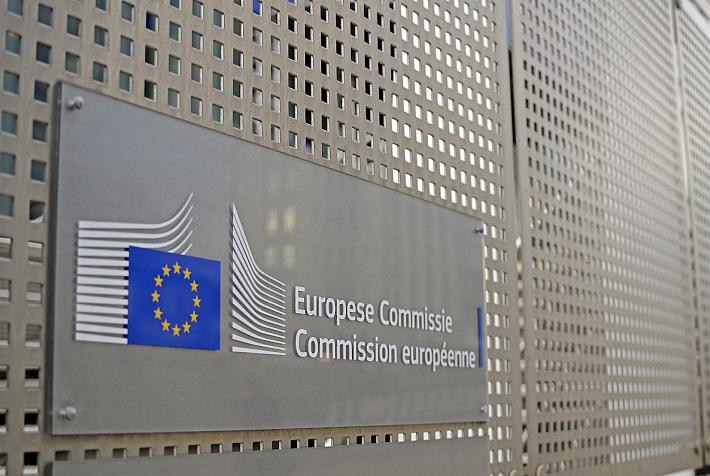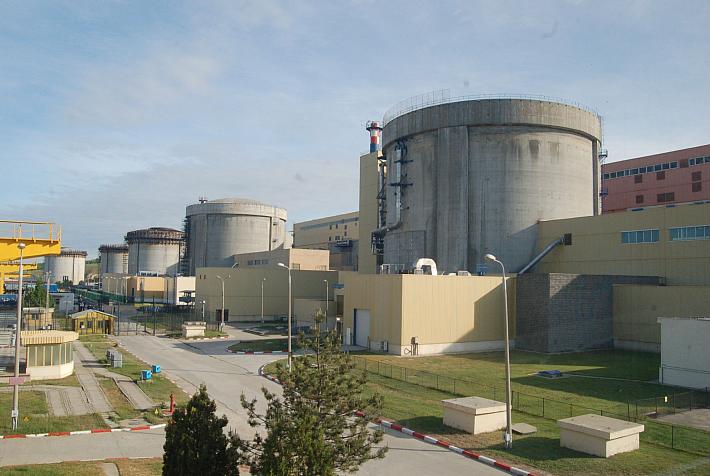Study: High intentions to resign but few Romanians quitting jobs at present

 Romanians, who mainly appreciate fixed income and short term income prospects, are demotivated by the poor economic situation, but few actually decide to leave their jobs, in spite of high intentions to do so, according to a Mercer study.
Romanians, who mainly appreciate fixed income and short term income prospects, are demotivated by the poor economic situation, but few actually decide to leave their jobs, in spite of high intentions to do so, according to a Mercer study.
Around 95 percent of the Romanian employees receive annual performance bonuses, while 50 percent receive monthly or quarterly bonuses. There are fewer Romanian employees quitting their jobs than a few years ago: 7-8 percent in the first quarter of 2012, compared to 20 percent in 2009-2010.
On the other hand, intentions to leave their jobs didn't diminish, but rather increased, as the level of satisfaction and motivation is very low, impacted by the economic situation and few employment opportunities, so labor market movements are expected over the next six months, depending on economic developments, according to the research.
“This lack of commitment will cost employers more likely in the near future, leading to high absenteeism and the lack of productivity and to unnecessary investments in productivity and labor," said Oana Datki, Country Manager of Consulteam Romania.
She also said that “when a significant percentage of the population thinks about leaving their job, investing in people becomes risky because another employer can reap the benefits of that investment, if the employee decides to leave. Therefore, employers need to redirect the investments towards the most valuable employees”.
At a global level, from those 30,000 employees who took part in the study, a significant percentage are serious about resigning: 32 percent in the US, 36 percent Canada, 36 percent in Great Britain, 30 percent in France, Germany – with 33 percent, China with 34 percent, 54 percent India and 56 percent in Mexico and Brazil.
Ioana Toader, ioana.toader@romania-insider.com











